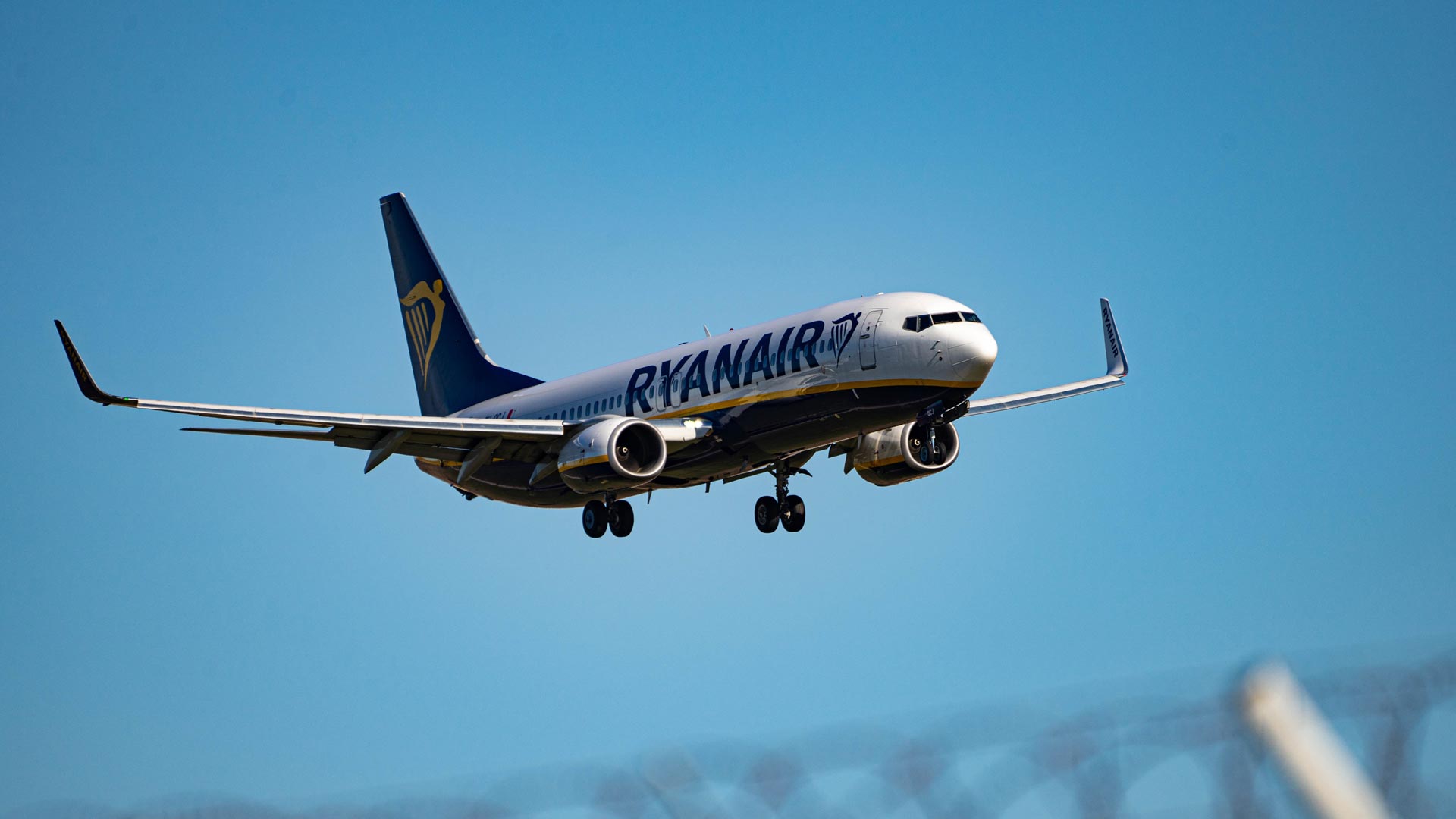Spain's consumer affairs ministry fined five low-cost airlines for “abusive practices” on November 22, 2024, totalling €179 million.
Ryanair was hit the hardest with a fine of €107.8 million, while Spanish carrier Vueling followed with €39.3 million. easyJet was given a fine of €29.1 million. Norwegian and Volotea were given relatively smaller fines at €1.6 million and €1.2 million, respectively.
Minister of Social Rights, Consumer Affairs and Agenda 2030 Pablo Bustinduy signed the sanctions against the airlines, citing practices such as posing supplementary charges to consumers for hand luggage or reserving adjacent seats to accompany dependents.
Bustinduy dismissed appeals from the airlines filed against these sanctions.
An investigation into the practices had been classified as “very serious” infringements of consumer regulations - the first time since the authorities were granted sanctioning powers in 2022.
Ryanair CEO Michael O'Leary said the fines were “illegal and unfounded” and were "invented" by the ministry under a political agenda. He added that the fines “clearly violate EU law”.
The Association of Airlines (ALA) described the decision as “nonsense”. It agreed with O'Leary, called the decision “illegal”.
Other actions the ministry cited were “disproportionate and abusive” fees on passengers for printing boarding passes, not allowing cash payments at Spanish airports, and also for misleading information on respective websites - making it difficult for consumers to compare prices.
Ancillary fees have long been a staple of low-cost, ‘no-frills’ airlines in order to keep prices low.
“For many years, Ryanair has used baggage and airport check-in fees to modify passenger behaviour, transforming this into cost savings for consumers in the form of lower fares,” continued O'Leary. He warned the sanctions would “destroy” such airlines' ability to maintain its low-cost model.
The Ryanair boss was confident that the fines will be “quashed” in EU courts, which have historically “upheld the right of all EU airlines to set prices and policies without government interference”. He further pointed to the fines being based on “an old law from the 1960s”. Spain joined the EU in 1986.
A spokesperson for Norwegian concurred with O'Leary, saying its pricing model aligns with EU regulations. “We strongly disagree with the Spanish decision, and will follow up on the matter with both Spanish and EU authorities,” the spokesperson added. ALA and the Norwegian spokesperson both argued that baggage charges also played a role in flight safety.
Airlines for Europe (A4E) said in a statement: “Current policies on cabin bags are designed primarily for safety as aicraft have limited capacity on board for larger trolley bags.” The aviation industry association said the ruling “infringes upon the right of airlines to offer services as they see fit, a key driver of the EU's competitive aviation market". The association urged the Spanish government to “urgently” reconsider the ruling as it “breaches EU law and will unpick longstanding policies”.
An easyJet spokesperson said: “We completely disagree with the decision… and find the proposed sanctions outrageous.” easyJet said it will be formally appealing the sanctions and will “vigorously defend" its position.
IATA also condemned the decision, saying it was anti-consumer.
“This is an appalling decision,” said IATA director general Willie Walsh. “Far from protecting the consumer interest, this is a slap in the face of travellers who want choice. Prohibiting all airlines from charging for cabin bags means that the cost will be automatically priced into all tickets. What’s next? Forcing all hotel guests to pay for breakfast? Or charging everyone to pay for the coat-check when they buy a concert ticket? EU Law protects pricing freedom for good reason.”
The airlines can file an appeal before the Contentious-Administrative Chamber of the National High Court within two months of the sanctions' filing. The airlines will not be required to pay the sanctions until that time.

